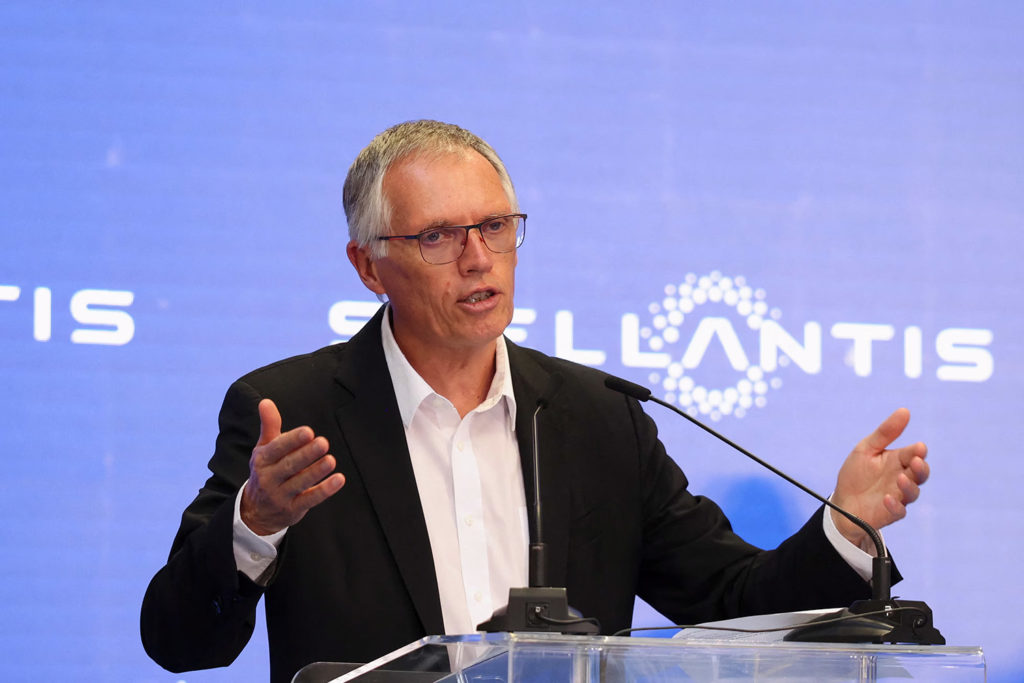Nothing New…
Around Carlos Tavares ouster
By Dominique Jacquet

If we put aside the (relevant) debates on his remuneration (approved by the shareholders to the tune of 70%), Tavares contribution has been in an effective hunt for production costs, a decisive element in PSA’s financial recovery. PSA’s operating margin was negative in 2013, equal to +2% in 2014 to reach 8.5% and €5 billion in 2019. In 5 years, the PSA share price will go from €10 to €23. Opel and Vauxhall were successfully integrated in 2017, despite skepticism from the “experts”.
The merger with Fiat-Chrysler Automobiles in 2021 creates a leader whose operating margin will exceed 12%, but the group’s North American difficulties will reduce this and 2024 should be between 5.5% and 7%. Considering that North America is a difficult region for the entire industry, nothing too dramatic.
It was, therefore, the disagreement with the board of directors that led to the accelerated departure.
The conflict was, it seems, due to the CEO’s management methods, which resulted in an impressive turnover in the management team. Once the production costs have fallen, what can be done? Require additional and practically impossible efforts to continue the process?
If cost competitiveness is a necessary step in order to counter the various offensives that the automotive industry must face, there is a time when cost reduction is no longer effective, it becomes value-destroying.
The main reason is simply economic. In a profit and loss account, some operating costs are recorded which are, in fact, investments. The most well-known item is research and development. It is clear that reducing R&D to increase EBIT does not lead very far. But there are other costs that are also part of the investment. For example, training. This can be directly devoted to the technical aspects, but can also make it possible to build teams of managers who learn to work together, constitute the decision-makers of tomorrow and optimize the company’s sustainable performance. Purchasing is also an item that includes its share of investment. The programmed strangulation of suppliers leads them not to take risks for the benefit of the customer and not to cooperate in the search for common innovations.
While cost competitiveness is a constraint, cost reduction is not a strategy.
Co-innovate with suppliers, accept the escalation of difficulties at the top of the pyramid, tolerate that the implementation of operational decisions may prove more difficult than expected, etc., means building a relationship with stakeholders with a perspective to creating mutual value and not a zero-sum game.
The first vidcast of the Ecademy was dedicated to KraftHeinz.
The pressure on management and suppliers exerted by Berkshire Hathaway (Warren Buffett) and 3G Capital (Jorge Lemann) has led to an unusual destruction of value. KHC was formed from the merger between Kraft Foods and Heinz in 2015. The share price rose from $80 (IPO) in August 2015 to nearly $98 in February 2017 to settle around $30-$32 since 2019.
About 100 billion US dollars have evaporated between the peak and the current situation with a firm that is struggling to get back on its feet.
The process is known, it has been commented on and documented, but it seems that a certain number of managers still confuse short-term profits with sustainable financial performance without learning anything from the observation of companies’ trajectories.